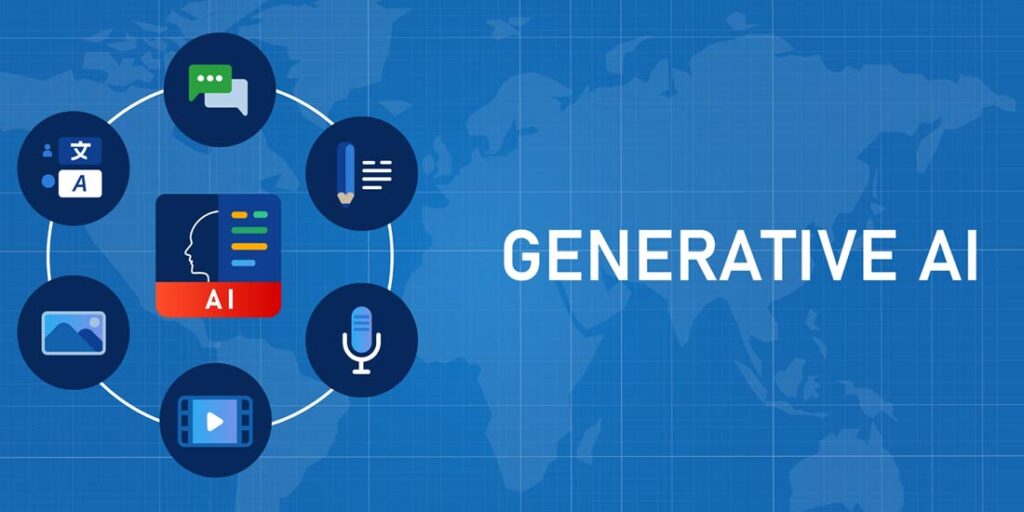For enterprise data teams, GenAI expectations are sky-high, and a new survey of data and analytics executives by Wakefield Research on behalf of data copilot company Prophecy finds that management often leads the charge.
A quarter of executives (25 percent) say their leaders will greenlight any project “with AI as a core component,” while the largest group (44 percent) are a bit more cautious, seeing the need for AI investment while putting at least some guardrails on the process.
High expectations are fueled by results. The survey found that among data teams using GenAI, nearly half (41 percent) are seeing overall data delivery productivity growth of 15-30 percent, with 46 percent reporting jumps of 31-50 percent.
Given average GenAI productivity gains of 25 percent, according to a study by Goldman Sachs last year, these results suggest data teams stand to gain at least as much, or more, from GenAI than other parts of the enterprise.
Adoption is moving fast. Overall, 64 percent of data teams are already using GenAI, and every organization surveyed has, at minimum, plans to use GenAI in the future. A remarkable 23 percent say their GenAI efforts are already “fully scaled.” The most common use case is automatic data curation (58 percent), with conversational analytics (51percent) and data tests and quality (51 percent) running a close second and third.
Despite GenAI enthusiasm, data executives see obstacles to adoption as well. The issue most commonly cited (36 percent) is the need for better data governance, while 24 percent say faster access to data is the most significant hurdle. A substantial minority (36 percent) say all GenAI projects require review at a company-wide level, potentially bottlenecking innovation and development at those organizations.
Hiring is another roadblock. Most organizations (67 percent) have between 100 and 1,000 data sources, and 60 percent provide data to between 100 and 1,000 downstream users. Hiring and training staff to wrangle all this data is a constant challenge. More than half of organizations (53 percent) struggle to find and hire highly skilled data engineers, while 50 percent say it’s a challenge to onboard and ramp new employees, and 53 percent to scale team capabilities to meet growing data demands.
“GenAI has clearly landed in data teams and organizations are already getting value. Over the next few years, GenAI will transform data operations top to bottom — from data management to data transformation to data integration, and everything in between. It’s a secular shift in the industry,” said Prophecy CEO Raj Bains. “The challenge is to capture the value of GenAI while maintaining the highest standards of security, governance and reliability amid a worldwide shortage of talent. Rather than try to build everything from scratch, the most successful organizations will accelerate their deployments by making smart use of commercial data solutions powered by GenAI and proven to work in Fortune 500-class environments.”
The survey was conducted by Wakefield Research among 500 US data and data analytics executives with a minimum seniority of Director, at companies with a minimum annual revenue of $1B USD, between November 22nd and December 3rd, 2024, using an email invitation and an online survey.
For a deep dive into the findings, join Prophecy’s session The Impact of GenAI on Data Teams at Gartner Data & Analytics Summit 2025 in Orlando, March 5, 2025. To download the full report, visit the Prophecy website here.




